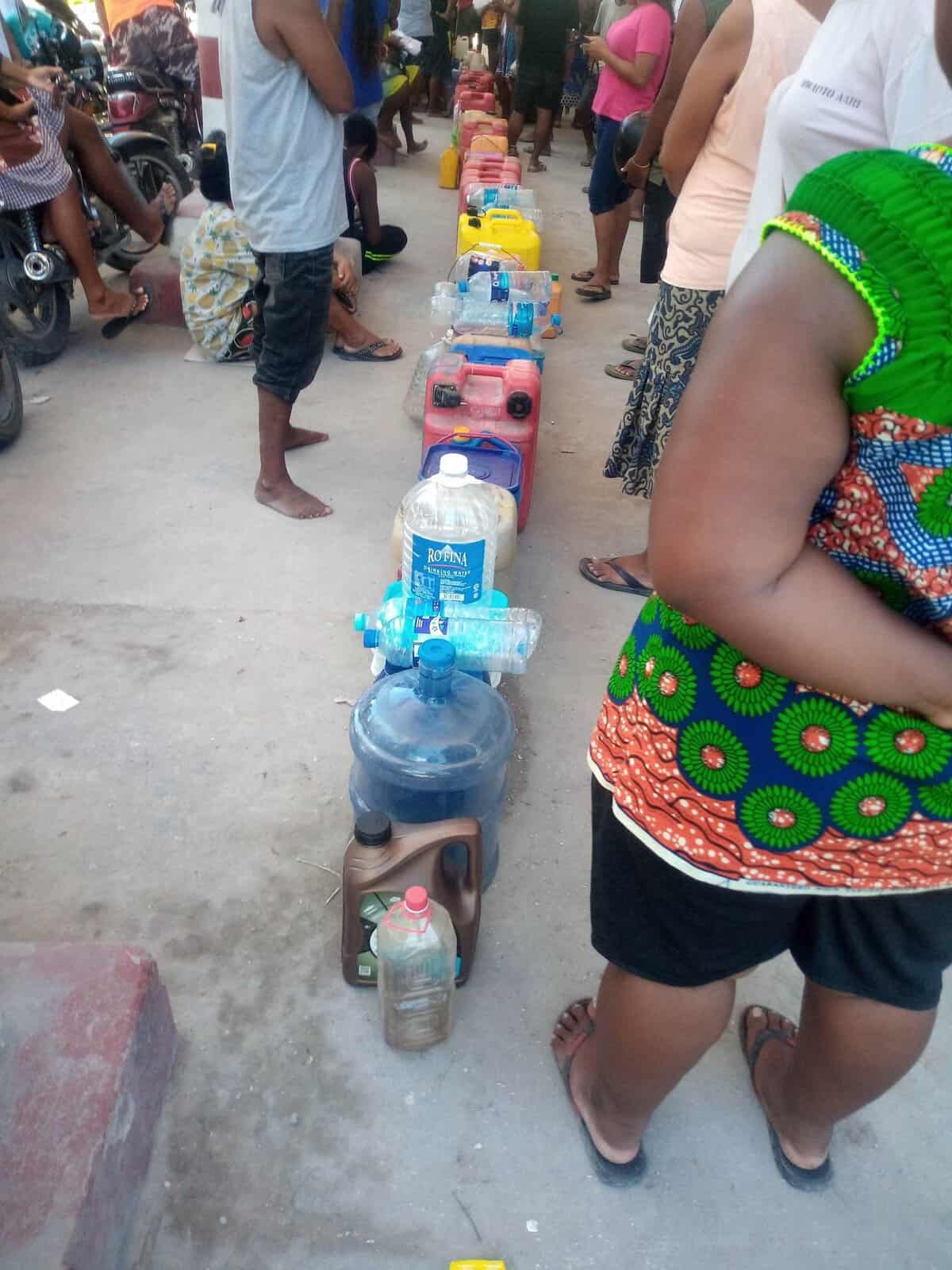Part of a financial crisis?
Residents of Kiribati’s most populous island, South Tarawa, were welcomed to August by a fuel crisis that persisted for six days, disrupting the capital’s ‘business-as-usual’ mode and affecting the daily activities of the more than 60,000 people who dwell on the fuel-reliant atoll.
The public, mainly owners of private cars and motorbikes and users of public transportation, quickly took to social media expressing their discontent over the sudden disruption of fuel service, in particular, benzene.
Please Subscribe to view full content...
